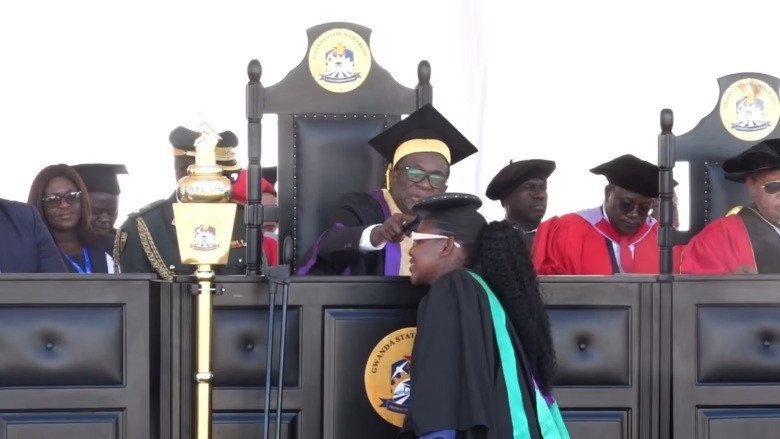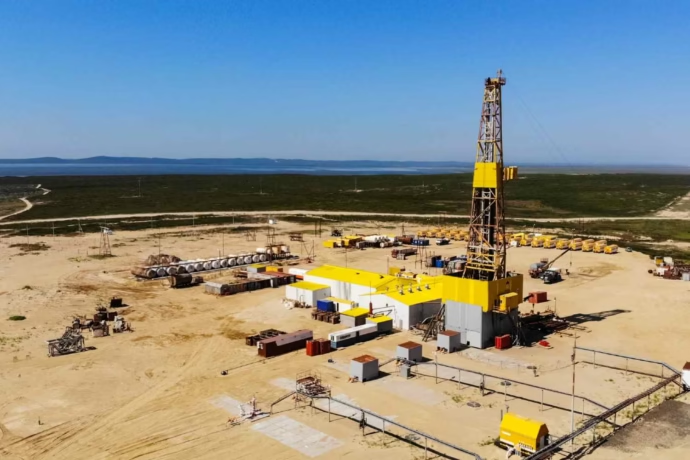
Zimbabwe’s Second Republic has made a lasting impact on the nation’s landscape through an unprecedented focus on infrastructure development. From the rehabilitation of roads and bridges to the expansion of airports, the government’s vision for a modernized Zimbabwe is rapidly materializing. Investments in energy generation and transmission are also setting the stage for sustained economic growth. As the country moves forward, these infrastructure milestones will stand as a testament to the Second Republic’s commitment to transforming Zimbabwe into a hub of economic prosperity and regional connectivity.
Infrastructure upgrading and expansion in the transport sector are yielding significant results, particularly in road and bridge construction. Key routes such as the Harare-Chirundu road, Harare-Kanyemba, Harare-Nyamapanda, Old Gwanda Road, and the Beitbridge-Bulawayo-Victoria Falls highway are undergoing extensive upgrades. Notably, the Mbudzi Interchange, south of Harare, is a prime example of the remarkable progress being made in these efforts.
Addressing the pressing need for decent housing, the Second Republic is making robust investments that are transforming both urban and rural communities. For instance, the government is constructing flats in Mutawatawa, Mashonaland East, as part of a pioneering rural development initiative. Additionally, modern houses are being built in rural areas such as Tsholotsho and Binga, reflecting the government’s commitment to improving living conditions across the nation.
To further enhance rural development, the Second Republic has strategically positioned the Rural Infrastructure Development Agency in all rural districts across every province. The Agency is responsible for attending to both gravel and surfaced roads, constructing weirs and small dams for water provision, and supporting infrastructure for clinics, schools, and dip tanks.
Border posts are also undergoing significant transformations, with physical infrastructure improvements complemented by technological innovations. These enhancements are facilitating the movement of goods and people, bolstering regional integration and economic connectivity.
The energy and power sector plays a crucial role in the country’s socioeconomic development and industrialization. Among the numerous power augmentation projects, two large solar plants with a combined capacity of 250 megawatts are under development and will soon be commissioned. These projects are vital for ensuring a reliable energy supply to support Zimbabwe’s growing economy.
As these infrastructure projects continue to take shape, they underscore the Second Republic’s dedication to building a modern, prosperous, and connected Zimbabwe. # Nyika inovakwa, inotongwa, inonamatigwa nevene vayo/ilizwe lakhiwa, libuswe, likhulekelwe ngabanikazi balo.




